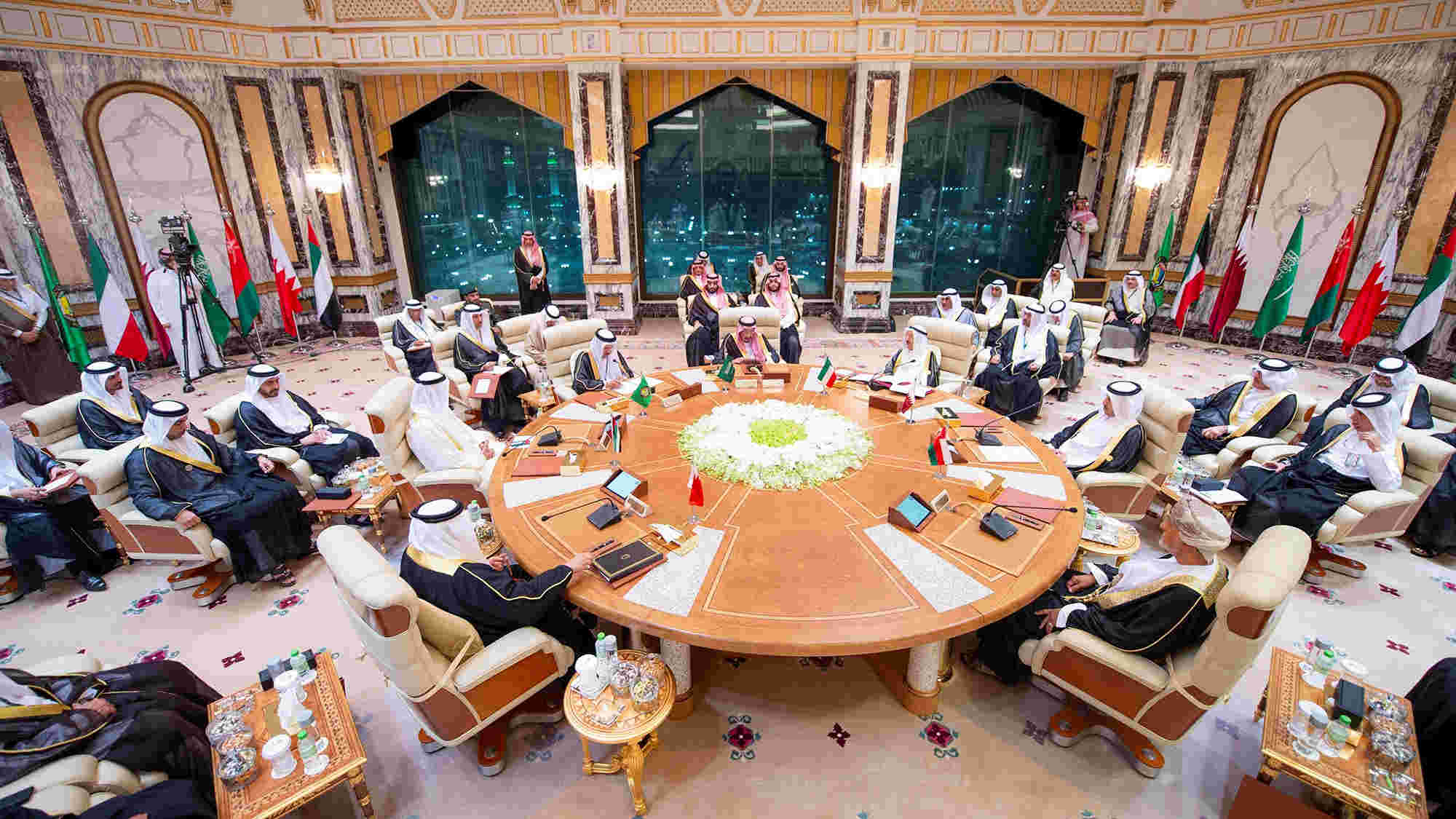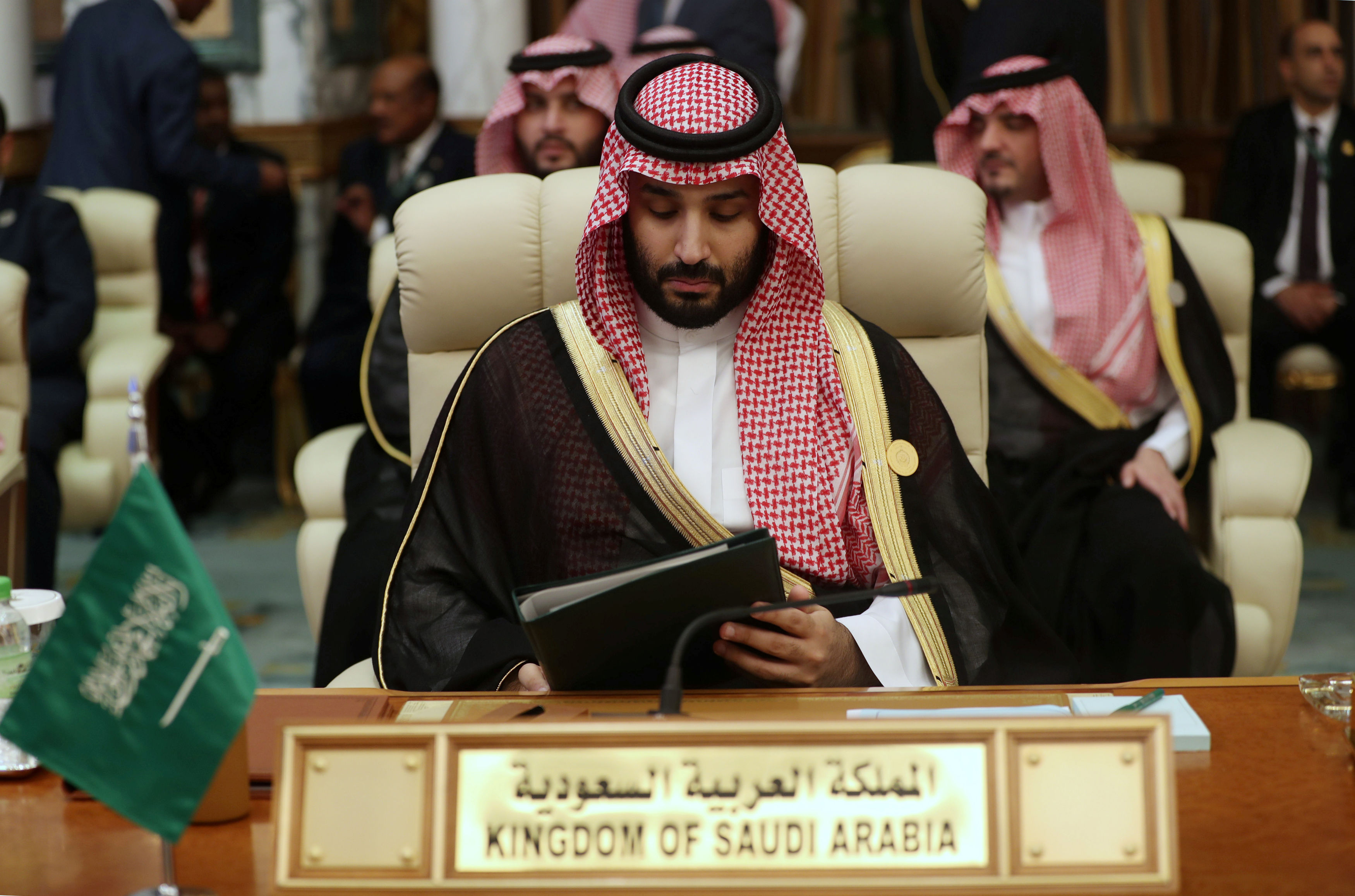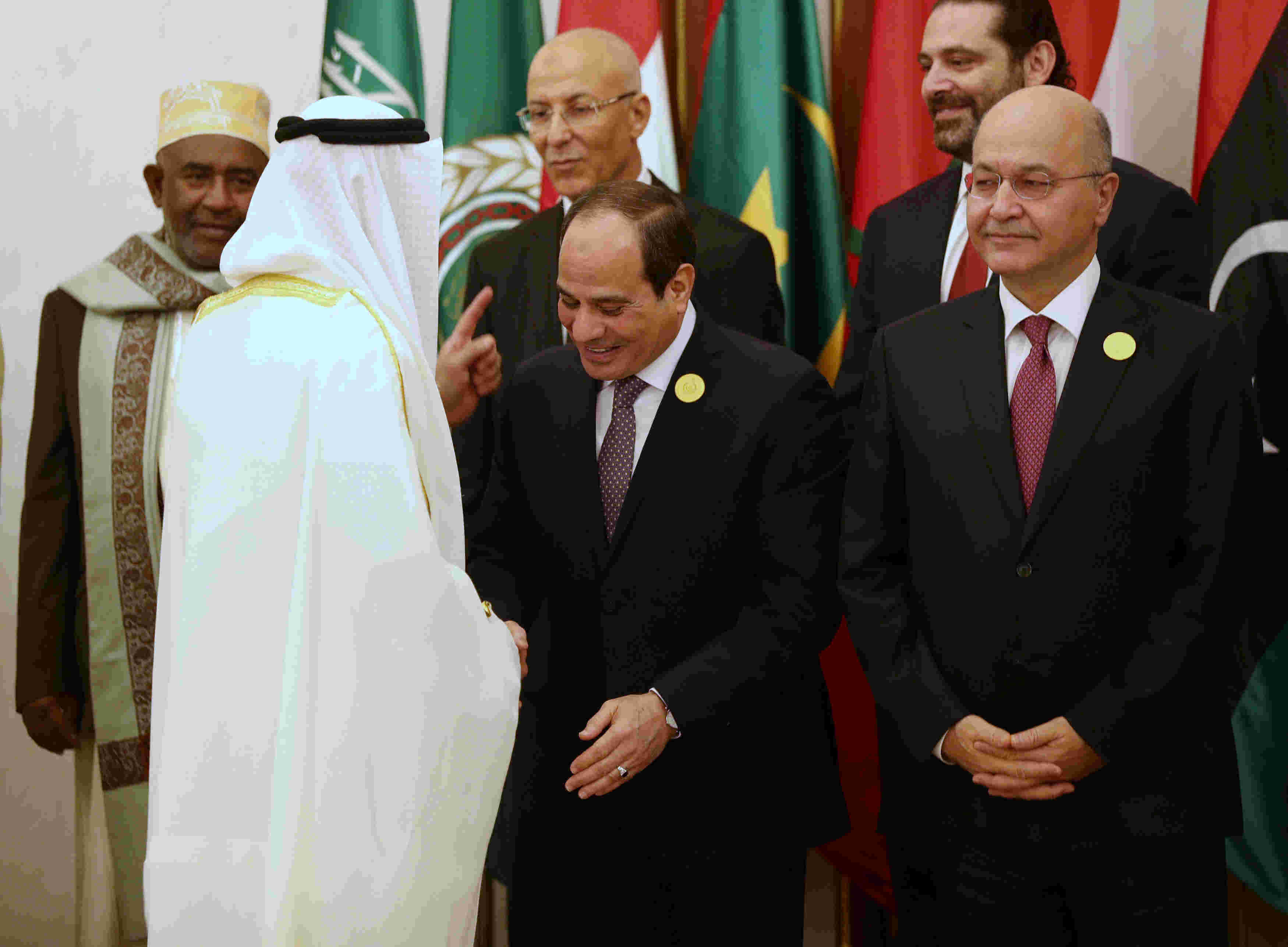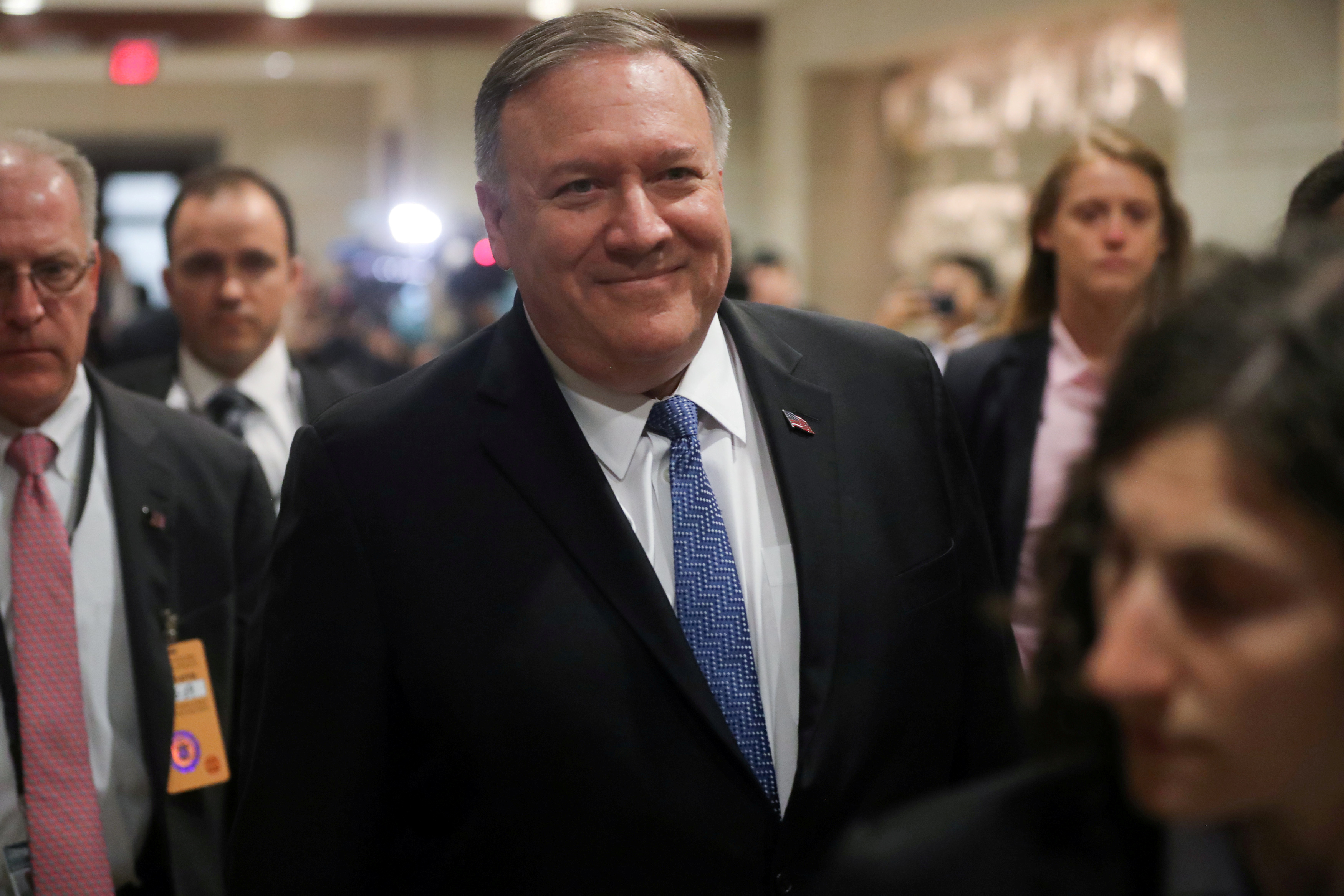
Middle East
09:17, 31-May-2019
Gulf Arab states support right of Saudi, UAE to defend interests
Updated
12:29, 31-May-2019
CGTN
00:41

Gulf Arab states have voiced support for Saudi Arabia and the United Arab Emirates to take any action required to defend their security at an emergency meeting held in Saudi Arabia, following recent attacks on their oil assets, according to a statement published by the kingdom's news agency SPA.
It said the six nations had discussed a joint defense mechanism under the Gulf Cooperation Council (GCC) alliance. They called on Iran to stop funding "militias" and "terrorist organizations."
A wider summit, involving Arab states, was also held in Mecca on the same day.
Saudi Arabia's Crown Prince Mohammad bin Salman told the Arab summit that decisive action was needed to stop Iranian "escalations" in the region.

Crown Prince of Saudi Arabia Mohammad bin Salman attends the Arab Summit in Mecca, Saudi Arabia, May 31, 2019. /Reuters Photo
Crown Prince of Saudi Arabia Mohammad bin Salman attends the Arab Summit in Mecca, Saudi Arabia, May 31, 2019. /Reuters Photo
"The absence of a firm deterrent stance against Iranian behavior is what led to the escalation we see today," King Salman said.
The ruler of the world's top oil exporter had opened an earlier meeting of Sunni Muslim Gulf leaders with a warning that Shi'ite Iran's development of nuclear and missile capabilities and its threatening of world oil supplies posed a risk to regional and global security.
Two statements from the back-to-back summits supported the right of Saudi Arabia and the United Arab Emirates to defend their interests, but Iraq, which has good ties with Tehran and Washington, rejected the Arab communique.

Egyptian President Abdel Fattah al-Sisi and Iraq's President Barham Salih stand during a group photo with Arab leaders in Mecca, Saudi Arabia, May 31, 2019. /Reuters Photo
Egyptian President Abdel Fattah al-Sisi and Iraq's President Barham Salih stand during a group photo with Arab leaders in Mecca, Saudi Arabia, May 31, 2019. /Reuters Photo
The statement condemned Iran's "interference" in other countries' affairs, Arab League Secretary-General Ahmed Aboul Gheit said in a speech broadcast live on television.
The statement also said Saudi Arabia has the right to defend its territory following drone strikes claimed by Yemen's Iran-aligned Houthi group against two oil pumping stations in the kingdom earlier this month.
Tensions have risen between the United States and Iran after Washington quit the multinational nuclear deal with Iran, re-imposed sanctions and boosted its military presence in the Gulf.
Saudi Arabia and the UAE, which have lobbied Washington to contain their foe Iran, have said they want to avoid war after the recent tensions.
On Thursday, U.S. Secretary of State Mike Pompeo said the attacks on the four oil tankers near a major bunkering hub, just outside the Strait of Hormuz, were "efforts by Iranians to raise the price of crude oil around the world."

U.S. Secretary of State Mike Pompeo arrives to hold a classified briefing on Iran in Capitol Hill in Washington, U.S., May 21, 2019. /Reuters Photo
U.S. Secretary of State Mike Pompeo arrives to hold a classified briefing on Iran in Capitol Hill in Washington, U.S., May 21, 2019. /Reuters Photo
U.S. national security adviser John Bolton said that evidence of Iran being behind the tanker attacks would be presented to the U.N. Security Council as early as next week.
Bolton has said that Iranian mines were "almost certainly" used in the tanker attacks, which he described as being connected to the strike on pumping stations on the kingdom's East-West pipeline and a rocket attack on Baghdad's Green Zone.
Tehran has denied any involvement. An Iranian official dismissed Bolton's remarks as "a ludicrous claim." The Islamic Republic has said it would defend itself against any military or economic aggression.
Iranian Vice President Eshaq Jahangiri has said Tehran was not allowed to pursue the development of nuclear weapons as it was banned by Supreme Leader Ayatollah Ali Khamenei.
Egyptian President Abdel Fattah al-Sisi told the summit that this month's attacks provided an impetus to renew discussions on joint Arab defense mechanisms. Oman, also with good ties with Tehran and Washington, has said it is working to reduce tensions. Doha, which shares a giant gas field with Iran, has offered to help.
(Cover: General view of the Gulf Cooperation Council (GCC) summit in Mecca, Saudi Arabia, May 30, 2019. /Reuters Photo)
(With input from Reuters)

SITEMAP
Copyright © 2018 CGTN. Beijing ICP prepared NO.16065310-3
Copyright © 2018 CGTN. Beijing ICP prepared NO.16065310-3